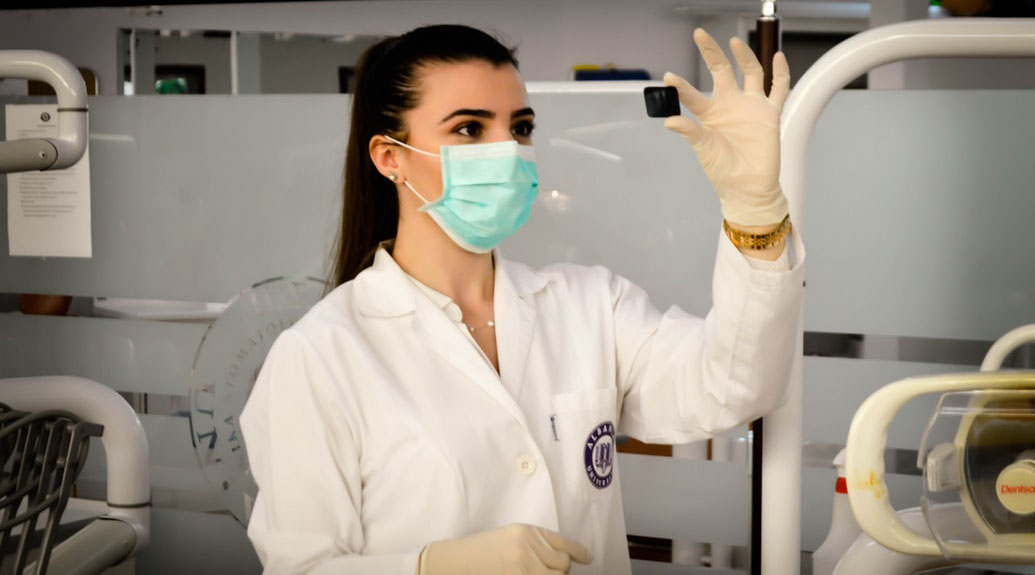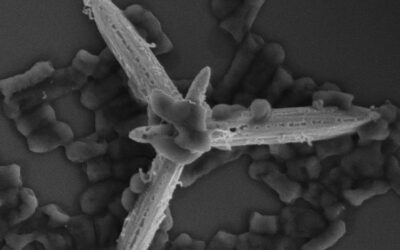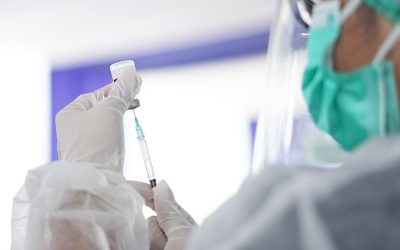In an important COVID-19 research development, a team of scientists has closely analyzed the immune response of a COVID-19 patient with mild-to-moderate symptoms, the first report of its kind to date.
The rapid study was carried out by researchers at SETREP-ID (Sentinel Travellers and Research Preparedness for Emerging Infectious Disease), part of APPRISE (the Australian Partnership for Preparedness Research on Infectious Disease Emergencies). The SETREP-ID research platform is dedicated to carrying out epidemiological, clinical, and laboratory testing of returned travelers in the face of an infectious disease outbreak like COVID-19.
The monitored patient, a 47-year-old woman, was admitted with symptoms of non-severe but symptomatic infection — lethargy, sore throat, dry cough, chest pain, mild dyspnea (shortness of breath), and a low fever. Her symptoms were managed exclusively with intravenous fluid rehydration. No supplemental oxygen, antibiotics, steroids, or antiviral agents were given, and her symptoms disappeared completely thirteen days after they initially appeared.
By monitoring the patient’s immune response throughout the infection, the researchers found evidence of various immune cells — antibody-secreting cells (ASCs), follicular helper T cells (TFH cells), and activated CD4+ and CD8+ T cells — along with IgM and IgG SARS-CoV-2-binding antibodies, in the her bloodstream before symptoms were completely resolved.
“We showed that even though COVID-19 is caused by a new virus, in an otherwise healthy person, a robust immune response across different cell types was associated with clinical recovery, similar to what we see in influenza,” Professor Katherine Kedzierska, an author on the Nature Medicine study, said in a University of Melbourne news piece on March 17th.
The authors propose that the immune parameters they established should be further characterized in larger studies of COVID-19 patients with varying disease severities. This could help researchers to predict disease outcomes and develop new interventions to potentially mitigate disease severity and/or lead to vaccine candidates.
Dr. Irani Thevarajan, the study’s lead author, stated: “We hope to now expand our work nationally and internationally to understand why some people die from COVID-19, and build further knowledge to assist in the rapid response of COVID-19 and future emerging viruses.”

















